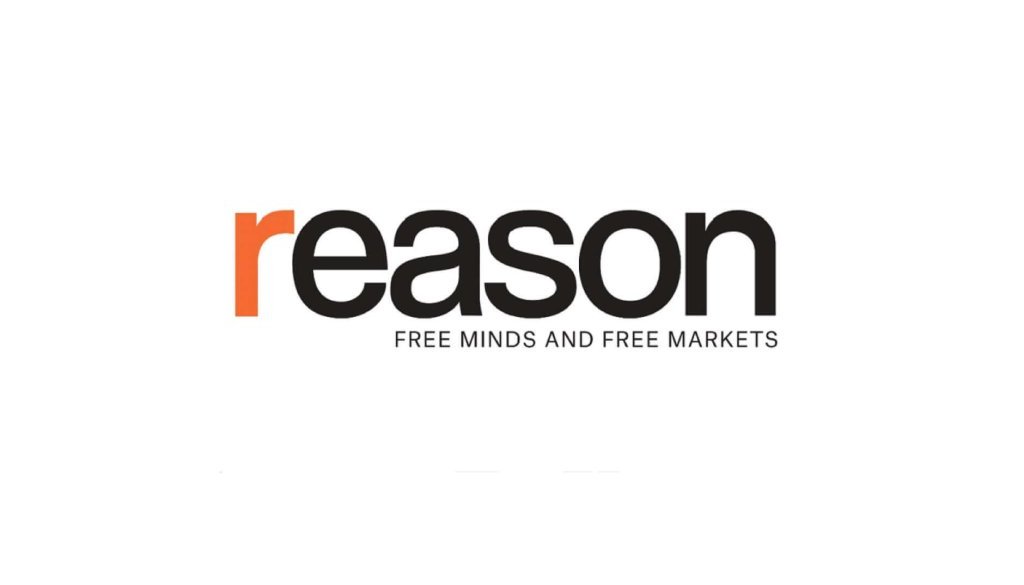The Absurdity of Government Grocery Stores Exposes the Flaws of Public Schools
Zohran Mamdani won New York City’s Democratic mayoral primary partly on his plan to open five city-owned grocery stores—one in each of New York’s boroughs. The idea is as absurd as it sounds, but it’s a useful lens through which to view another government-run institution we’ve accepted for far too long: the public school system.
The case against government grocery stores is straightforward. Government providers have no incentive to spend money wisely or respond to customers’ needs. Unlike private businesses, which must compete for customers by offering quality goods at reasonable prices, government entities get paid regardless of performance. Tax dollars flow into the system whether the shelves are stocked or empty, whether the service is stellar or abysmal.
This lack of accountability breeds inefficiency and waste. Government employees, shielded by bureaucratic inertia and powerful unions, often see more tax dollars as the solution to every problem, rather than innovation or better management.
In the early days of the Soviet Union, state-controlled grocery stores and food distribution systems led to catastrophic mismanagement, with millions dying during the Russian famine of 1921 to 1922. Those weren’t just government-run, of course; unlike Mamdani’s proposed shops, they were government monopolies. But Venezuela’s recent experiment with government-controlled grocery stores has been a disaster, even with a degree of private competition allowed: Chronic shortages have left shelves empty and citizens queuing for hours for basic goods like bread and milk.
The
Article from Reason.com

The Reason Magazine website is a go-to destination for libertarians seeking cogent analysis, investigative reporting, and thought-provoking commentary. Championing the principles of individual freedom, limited government, and free markets, the site offers a diverse range of articles, videos, and podcasts that challenge conventional wisdom and advocate for libertarian solutions. Whether you’re interested in politics, culture, or technology, Reason provides a unique lens that prioritizes liberty and rational discourse. It’s an essential resource for those who value critical thinking and nuanced debate in the pursuit of a freer society.




